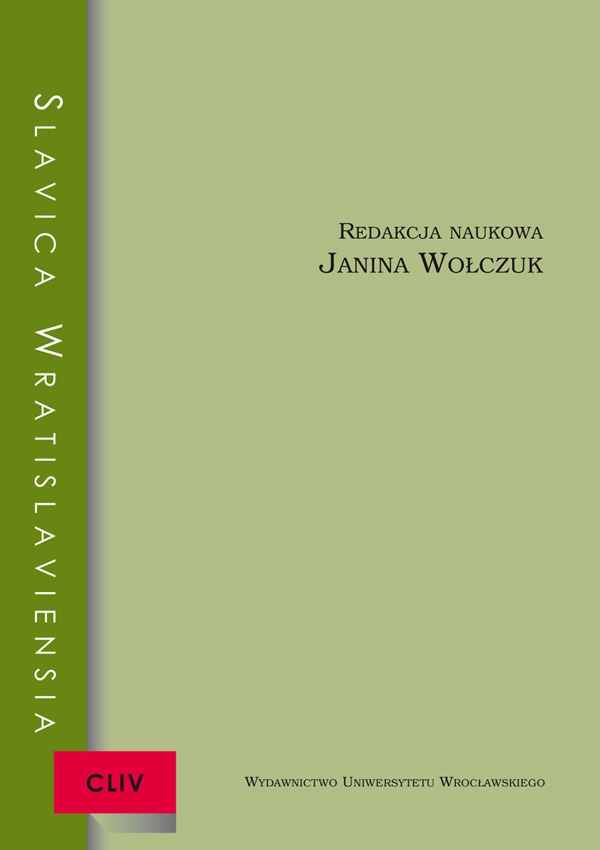

Articles

Komparativni frazeologizmi kao motivne jedinice u poljskom i srpskom jeziku
Članak prikazuje savremeno stanje lingvističkih istraživanja posvećenih komparativnim frazeologizmima u poljskom i srpskom jeziku. Detaljno se razmatra položaj ovih jezičkih jedinica u frazeološkom sistemu obaju jezika. Uzimajući u obzir semantičke i funkcionalne osobine komparativnih frazeologizama ove se jedinice može podijeliti na idiomatske i ‘frazematske’. U poljskoj i srpskoj rečenici komparativne frazeologizme mogu da vrše funkciju imenica, glagola ili pridjeva. U raspravi predstavlja se glavne derivacione procese u kojima komparativne frazeme funkcionišu u ulozi motivnih jedinica. Može se navesti dva glavna derivaciona modela: KOMPARATIVNI FRAZEOLOGIZAM > REČ ili KOMPARATIVNI FRAZEOLOGIZAM > FRAZEOLOGIZAM. U ovim postupcima nove leksičke jedinice, derivate, najčešće se izvodi uz pomoć jezičke transpozicije, dezintegracije ili univerbacije. Komparativni frazeologizmi, osim toga da motivišu nove jezičke jedinice, mogu takođe proširivati semantičko polje jezičkih jedinica koje ulaze u njihovu strukturu ‘polisemantizacija’.
Comparative phraseological units as a linguistic motivating base in Polish and Serbian
The paper presents the current state of studies on comparative phraseological units in Polish and Serbian linguistics. The position of these components in phraseology and in modern Polish and Serbian is discussed in detail. This article presents a semantic and functional classification of comparisons phraseological units, dividing them into idiomatic and ‘phrasematic’ comparisons. In the Polish and Serbian sentence these units may act as a verb, noun, adverb or adjective. The paper also discusses a major derivational processes in which comparisons play a role of a linguistic motivating base. Within this kind of derivation we can speak about two main linguistic models: PHRASEOLOGICAL UNIT > WORD and PHRASEOLOGICAL UNIT > PHRASEOLOGICAL UNIT. In these processes transposition, disintegration and univerbisation are used as methods of formation of the new lexicon’s elements. Comparisons have a specific property too — the matter is a ‘polisemantization.’ It means that comparisons can expand the semantic field of the word which makes some phraseological unit.